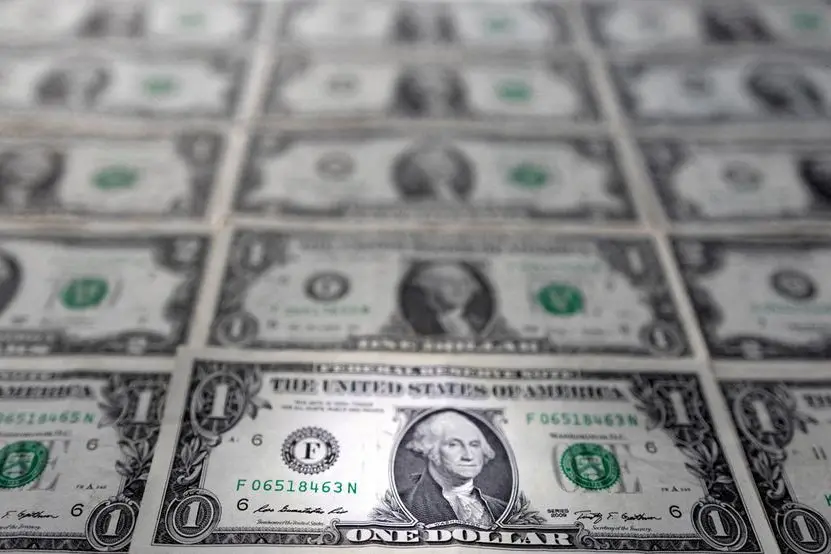PHOTO
NEW YORK - The dollar traded little changed against the euro and other trading currencies on Thursday, though sterling held on to gains after Boris Johnson said he was quitting as British prime minister.
Investors are waiting for U.S. jobs data on Friday and consumer price data next week that should signal the pace of inflation and whether the Federal Reserve continues to aggressively hike interest rates when policymakers meet on July 26-27.
"What's being priced into the July Fed meeting is predicated on that inflation print coming in reasonably elevated. We suspect that it will," said Bipan Rai, North America head of FX strategy at CIBC Capital Markets in Toronto.
The strength of non-farm payrolls on Friday should also point to how fast wages are increasing, while the U.S. central bank doesn't appear to be as encumbered as other major central banks, he said.
"To us that suggests the U.S. dollar is still going to be the currency that outperforms," Rai said. The dollar index, which measures the currency against six counterparts, fell 0.047% after Wednesday's peak of 107.27, a level not seen since late 2002.
The euro was down 0.07% to $1.0176 after sliding to a two-decade low of 1.01615 on Wednesday. Investors are grappling with the risks of a recession and whether interest rate hikes will be paused as global demand is under pressure.
The Atlanta Fed's GDPNow model estimates seasonally adjusted GDP growth on an annual basis in the second quarter was -2.1%. Implied volatility remains near its highest levels since late March 2020 at 11.2%, reflecting a nervous market as investors contemplate parity between the euro and dollar.
"Parity is within reach, and one can expect the market to want to see it now," said Moritz Paysen, currency and rates advisor at Berenberg.
According to George Saravelos, global head of forex research at Deutsche Bank, "if Europe and the U.S. slip-slide into a recession in Q3 while the Fed is still hiking rates, these levels (0.95-0.97 in EUR/USD) could well be reached."
Commodity-linked currencies strengthened as copper prices climbed. Some investors returned to the market on Thursday after heightened recession fears sent the red metal to its lowest level in nearly 20 months.
The Australian dollar rose 0.7% to 0.6830 against the dollar after recently hitting its lowest level since June 2020 at 0.6762. The Swiss Franc eased from its seven-year high, with the dollar up 0.2% at 0.9727.
Sterling rose after Johnson said he would resign. It was last up 0.62% at $1.1993. Analysts said the pound was mostly moving on broader economic concerns about a global recession, rather than Britain's political turmoil. Bitcoin last rose 0.86% to $20,723.85.
(Reporting by Herbert Lash, additional reporting by Stefano Rebaudo; Editing by Angus MacSwan, Tomasz Janowski and Paul Simao)





















